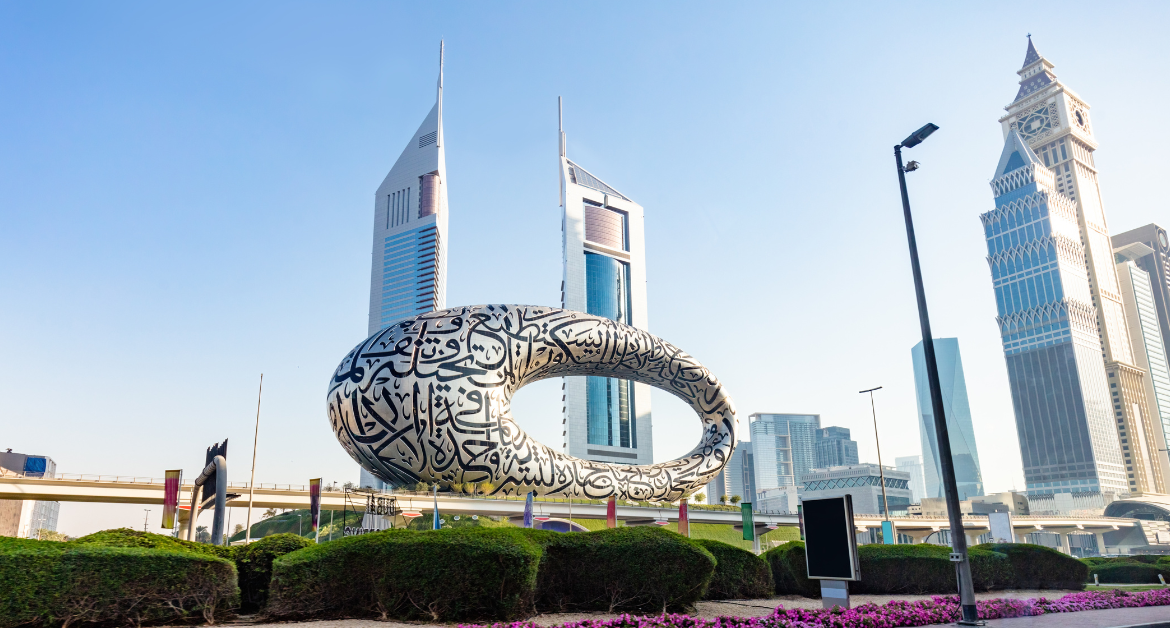
Dubai is one of the top expatriate destinations in the world, with over 80% of its population being foreign-born. The cosmopolitan environment and tax-free salaries make it an attractive option for expats looking to relocate.
However, navigating Dubai’s healthcare system can be confusing for new expats. This comprehensive guide will provide an overview of hospitals in Dubai to help expats understand the system better. We cover topics like standards of care, costs, insurance, finding a doctor, and more. Read on for a complete understanding of hospitals in Dubai that you need to know as an expat in Dubai!
Before moving forward, read our blog on How Long It Takes to Ship Household Goods
Standards of Care
Dubai offers high standards of healthcare comparable to Western nations. Facilities use the latest medical technology and treatments. Doctors and medical staff are highly qualified, with many holding international certifications.
Hospital Licensing Requirements
Hospitals need to be licensed by the Dubai Health Authority (DHA). The DHA has strict regulations for quality, patient safety, infection control, and more that hospitals must adhere to. Facilities undergo rigorous inspections to ensure standards are up to par.
International Accreditations
Many hospitals even have international accreditations like JCI and find collaboration agreements with leading medical institutions like Harvard Medical School. So, expats can expect a quality of care similar to back home.
Healthcare Costs
Compared to other global cities, Dubai offers affordable, premium healthcare. But it may still be more expensive than some expats expect. Cost depends greatly on the facility and type of treatment.
Government Facilities vs Private Hospitals
Government facilities like Rashid Hospital provide subsidized care to UAE Nationals. As an expat, you will need to pay ‘above-basic’ rates, which are still cheaper than private hospitals.
Sample Procedure Costs
In terms of procedures, a normal birth can cost between AED 12,000-25,000. Complex surgeries like heart bypass run from AED 50,000-75,000 on average. Even consultations, tests, and medications come at a premium when compared globally.
Check directly with your hospital for accurate quotes for your specific treatment plan. Also, clarify what is included in any rates quoted – sometimes, room fees, medicines, and tests can incur separate charges.
Health Insurance Options
Health insurance is mandatory for all residents working in Dubai. Expats need to have valid health coverage under the DHA regulations. When taking up employment, most companies provide health insurance that expats can select. There are three main options:
Company Health Insurance
Most reputable employers offer health insurance plans from accredited providers. This may be limited to basic essential benefits or more comprehensive coverage, depending on your level. Review policy details carefully regarding network hospitals, pre-existing conditions, co-pays, sub-limits, and more before selecting any work insurance policy.
Spouse/Family Health Insurance
While your work health insurance will cover you as the employee, additional premiums are usually payable to include a spouse, children, or other dependents. This could be deducted monthly from your salary. Some group plans do enable free coverage for up to 3 children under 18 years old.
Individual Health Insurance
If health insurance is not provided, individuals need to take independent coverage that adheres to DHA rules. There are several certified providers like Dubai Insurance Company, Orient Insurance and more. Shop to compare features across Bronze, Silver, and Gold plan options within your budget.
Finding a Doctor
Dubai has multicultural medical staff representing diverse global backgrounds and specializations. English is widely spoken, and medical qualifications are at par with Western standards.
Using Network Hospitals
Most health insurance policies are tied to a network. This allows cashless access to partnered hospitals and clinics with direct billing. If seeking care out-of-network, you need to pay upfront and file a claim for reimbursement later, subject to policy limits. Check your provider’s network coverage before selecting a hospital.
Getting Referrals
Many expats start their healthcare journey in Dubai through company referrals or tips from friends and colleagues regarding reputed doctors for common ailments. Maintaining the same doctor long-term also enables continuity of care with someone familiar with your health background.
Checking Directories
Official directories by health authorities also help connect patients to quality medical care. These include DHA’s Dubai Doctor service listing certified doctors across specialties. Patients can search by location, insurance coverage, and other filters to identify and book consultations with suitable medical practitioners.
Researching Hospital Websites
Hospital websites provide a wealth of information regarding associated physicians across departments and specializations. By searching online profiles, expats can identify doctors who match their unique needs in terms of health conditions, language preferences, experience levels, accreditations, and more.
Booking Appointments Online
Another advantage in Dubai is the ability to book medical appointments seamlessly via hospital websites or smartphone apps. Materials are downloadable online in advance to eliminate lengthy registration and paperwork onsite.
Accessing Emergency Care
The 911 national emergency ambulance services transports patients to the nearest hospital when experiencing a health crisis. For non-life-threatening illnesses, many hospitals operate walk-in clinics and 24/7 emergency rooms. Costs are higher for emergency care, with an additional fee sometimes charged.
Refilling Prescriptions
Doctors in Dubai readily prescribe medications for diagnosed conditions, which patients can access at in-hospital pharmacies or external medical stores with the script.
Controlled substances like painkillers or psychotropic drugs require added verification and permits prior to pharmacy dispensing to prevent misuse. This may mean coordinating bac
Conclusion
Understanding Dubai’s healthcare landscape enables expats to access quality care seamlessly. Follow this guide to pick suitable insurance, find reputed doctors, and learn how to navigate hospitals confidently during your time residing in Dubai. Proper research, planning, and engagement with medical professionals will ensure your healthcare needs are met. If you find any difficulty in your USA to UAE relocation process, then take a deep breath, pick up your mobile, and contact Universal Relocations now at 1-888-323-7356!

 800-13-7356
800-13-7356
